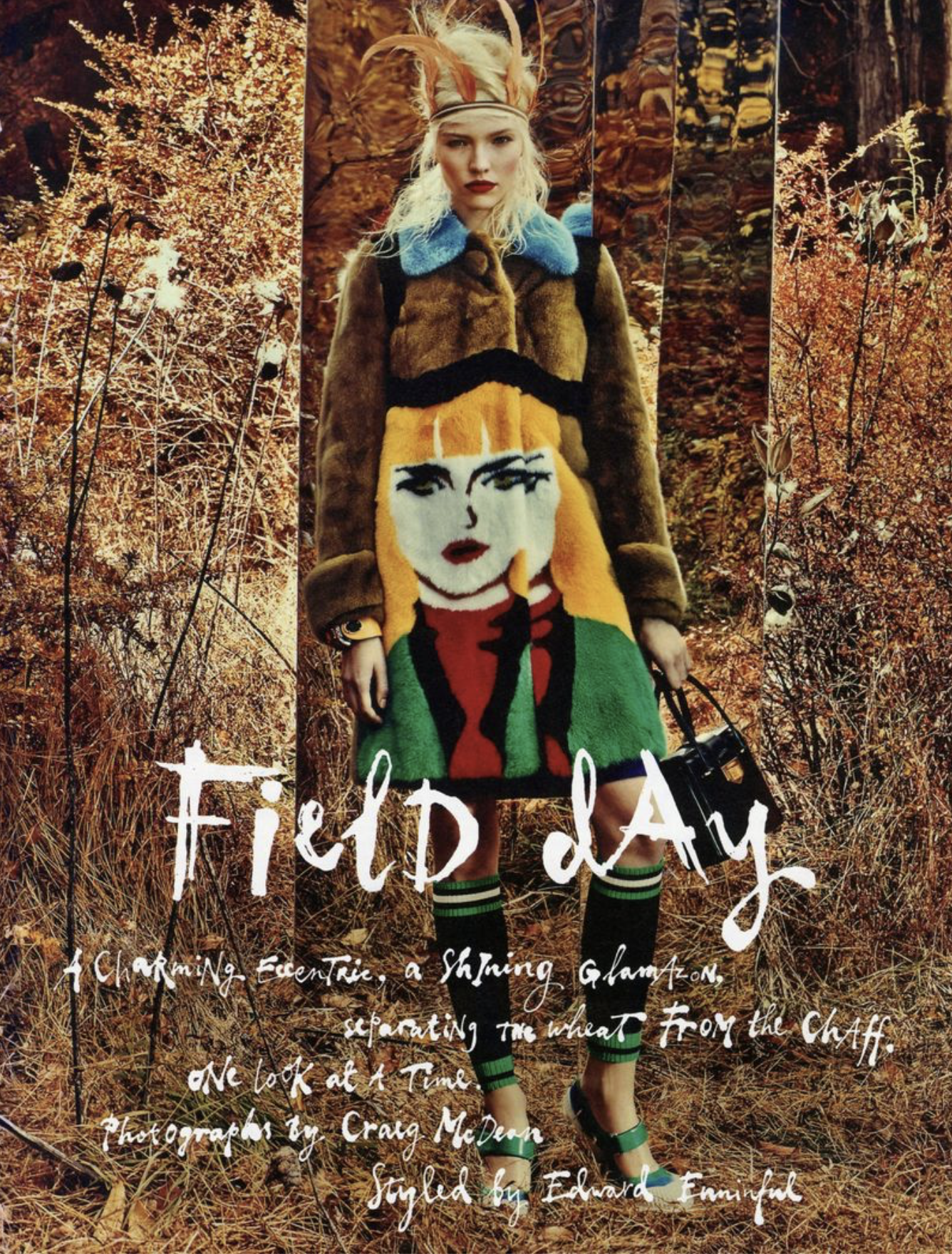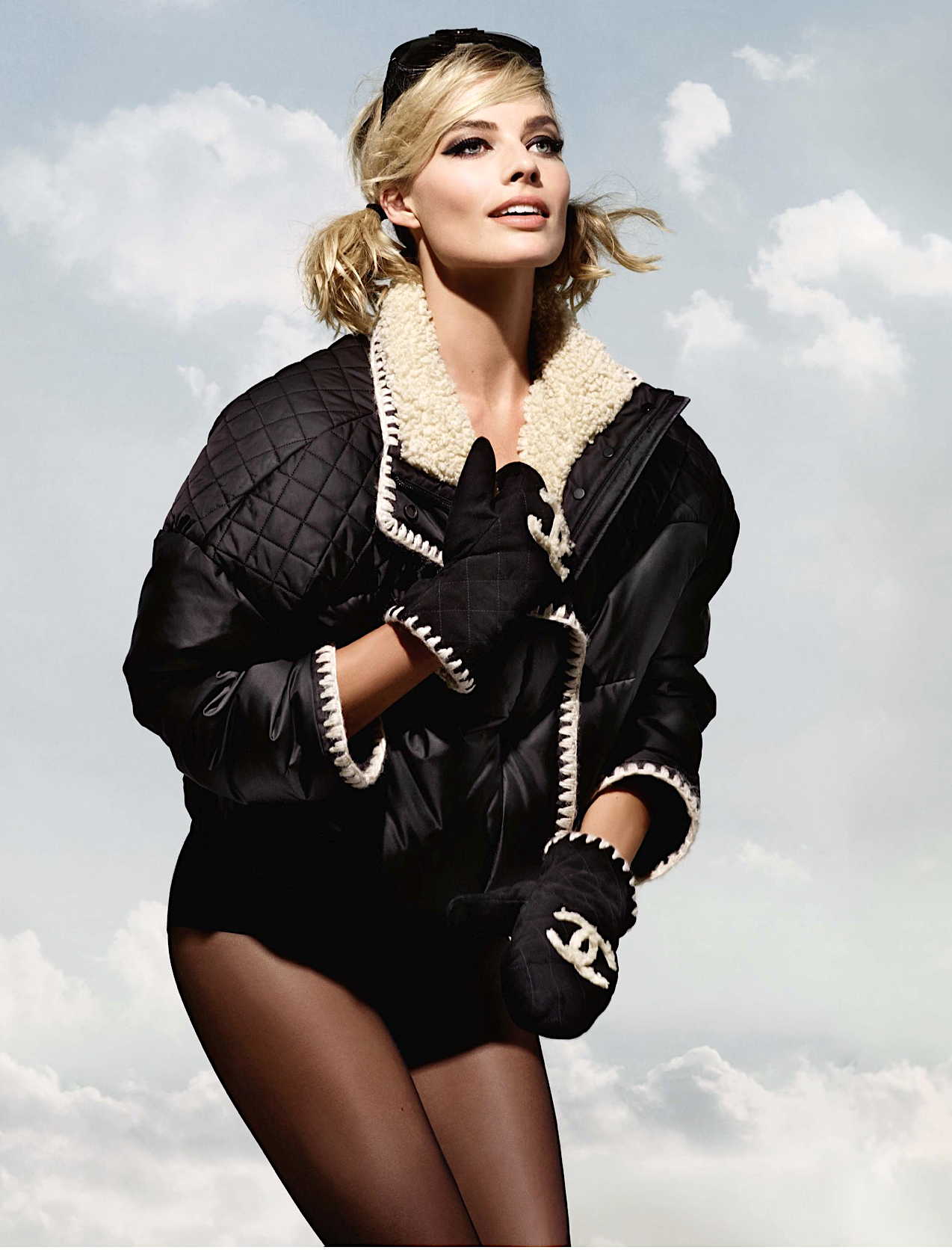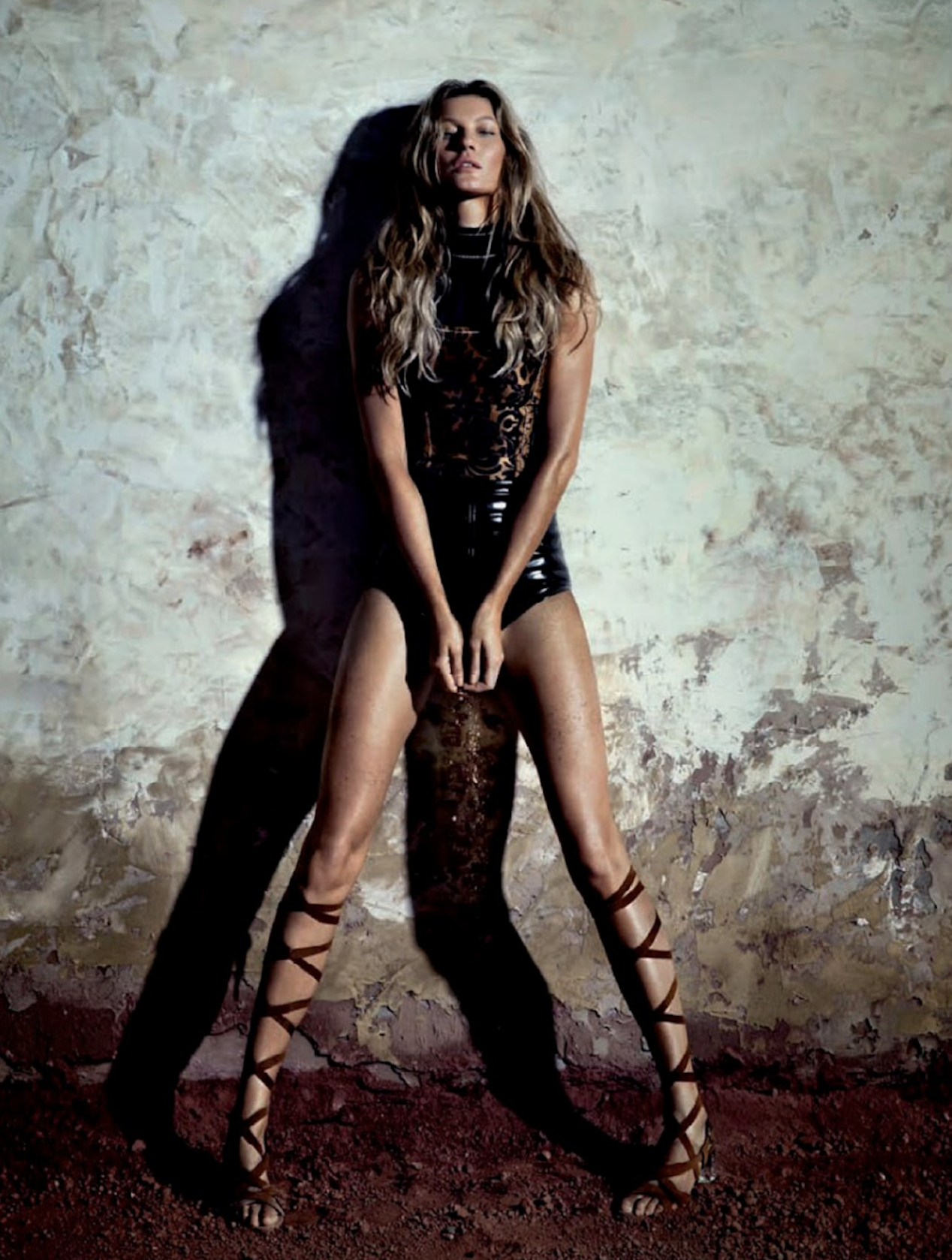EYE: In Trumplandia: Will Met Costume Exhibit Really Take On Religion in 2018? | Marc Jacobs Reflects On Cultural Appropriation
/Jean Paul Gaultier's The Virgins with the Serpents, starring Kylie Minogue wearing his spring 2007 couture collection. CREDIT: PA
Rumors are so pervasive that 'fashion and religion' will be the theme of next year's mega exhibition at the Metropolitan Museum of Art's Costume Institute, that it will be now. In the face of Donald Trump's assault on human rights in America, while Christian evangelicals pray over him as a direct messenger of God, the historical relationship of fashion, art and culture with religion is a hot burner topic.
WWD first broke the story last week, saying that the exhibition will be a "serious and ambitious" project. Just imagine the international political statement celebs can make on the Met Gala red carpet.
The mostly negative impact of religion on women's lives has been a core theme since its inception in 2007, and we are ready to rock with this topic. Unlike so many fashion websites, we've never shied away from mixing religion, politics, and values and with religion and feminism. It's time to restate our original tagline: Anne of Carversville: Telling Women's Stories From Fashion to Flogging. Get your minds out of the gutter. I'm not talking BDSM but the brutal flogging of 40,000 women a year in Sudan for wearing inappropriate dress. ~ Anne
Members of the clergy lay hands and pray over Republican presidential nominee Donald Trump at the New Spirit Revival Center
Marc Jacobs Admits 'Insensitivity' For SS17 Candy-Colored Dreadlocks
"If all the world's a stage, then identity is nothing but a costume." This mantra has been the core of Marc Jacobs' fashion philosophy for 24 years -- that fashion enables us to constantly morph into our constantly malleable selves.
Instyle talks to Jacobs about his recent controversy, one that actually payed tribute to his friend Lana Wachowski, who came out as a transgender woman right before the 2012 première of her 'Cloud Atlas'. The controversial, confusing movie drifted over the heads of many people, but is again very relevant in this historical, American moment. A recently uploaded You Tube video breaks down the movie.
At an LGBT benefit honoring Jacobs this spring, his friend Lana Wachowski, the director of 'Cloud Atlas', described the designer as “a manic magpie gathering shiny, fun, weird, beautiful, sparkly bits from anywhere and everywhere.” Wachowski was so taken by his approach that she decided to borrow Jacobs’s motto (which itself owes a debt to William Shakespeare, of course) as the title of an episode of her boundary-blurring Netflix series, Sense8, this year and invited him to appear as a guest star, explains Eric Wilson.
Marc Jacobs' dreadlocks literally came from his close friend's hair and not because he thought it would be cool to culture appropriate dreadlocks from black culture.
In fact, Marc Jacobs thinks that the entire topic of cultural appropriation is out of control. When his hairdos first generate online controversy, Jacobs responded on Instagram, saying"
“All who cry ‘cultural appropriation’ or whatever nonsense about any race of skin colour wearing their hair in a particular style or manner – funny how you don’t criticize women of colour for straightening their hair.” If that didn’t rile up people enough he went on to say, “I don’t see colour or race- I see people,” which many saw as dismissive of racism in general.
Jacobs apologized more than once but claimed that he believes in freedom of speech and to be able to express himself through art, clothes, hair and an infinite number of creative influences. Then in truly Trumpian fashion, he became not only defensive but asked black women who straighten their hair if they are guilty of cultural appropriation.
In an atmosphere where rumours swirl that the SS 2017 Marc Jacobs collection will be his last, the designer reflects.
“What I learned from that whole thing, what caused me to pause after it died down a little bit, was that maybe I just don’t have the language for this, or maybe I’ve been insensitive because I operate so inside my little bubble of fashion,” Jacobs says.
The topic of cultural appropriation is far more divisive in America than in Europe. Finding the right balance is complex and often mired in an online wolf-pack mentality that divides and not unites, verging on total censorship. As involved as we are supporting activists, the move to censorship is frighteningly rooted in American McCarthyism and works against progressives as much as it supports us.
Are White Artists Allowed To Paint About Black Pain?
This spring's heated controversy around Dana Schutz's painting of Emmett Till continues to roar. While AOC updates the controversy that is so out of hand that activists are demanding that Schutz not be allowed to exhibit her art, learn about it in our extensive writing to date.














